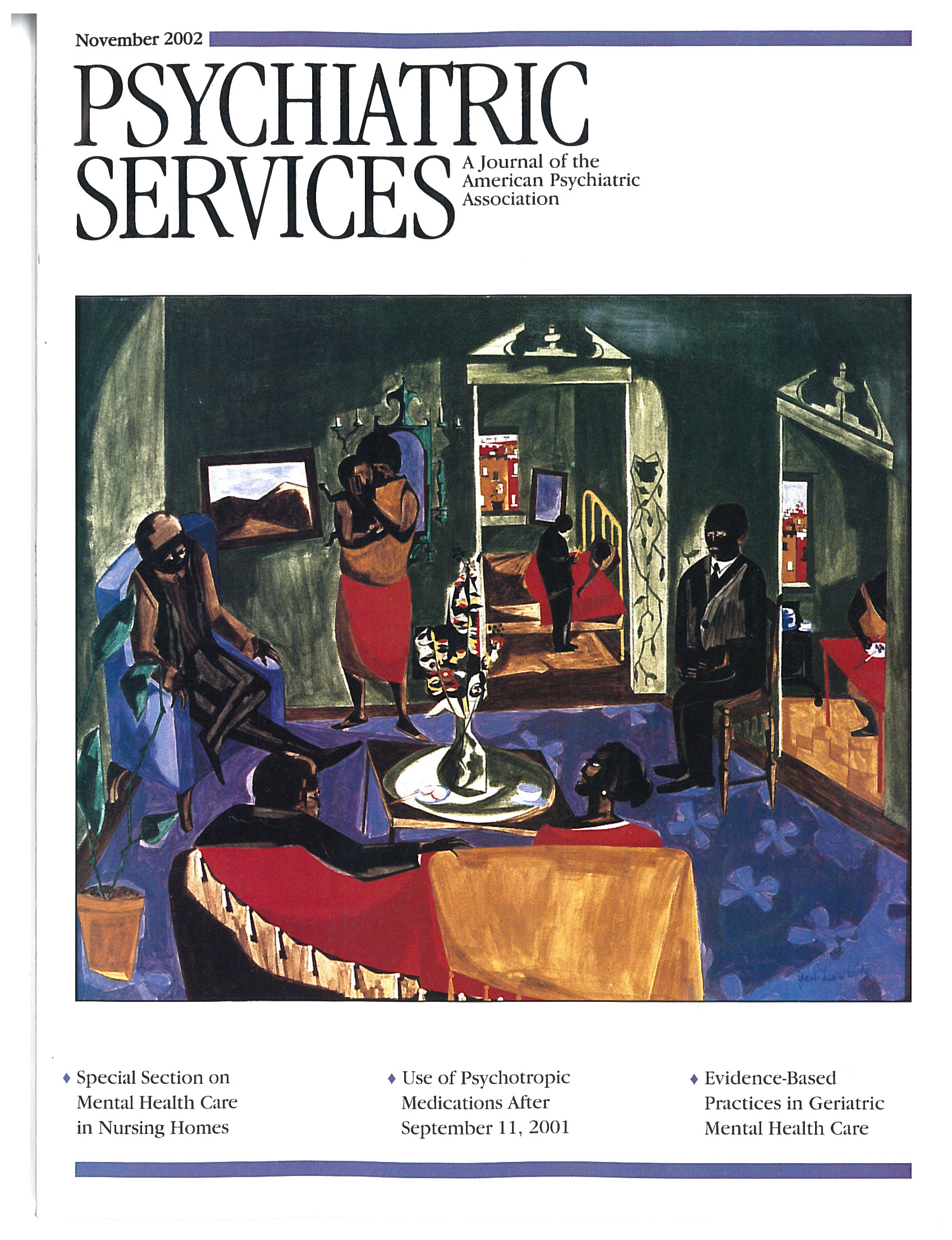Negative Symptom and Cognitive Deficit Treatment Response in Schizophrenia
Since the introduction of clozapine for "treatment-resistant" schizophrenia, we have increasingly recognized that we need to consider more than the positive symptoms of delusions and hallucinations if we are to help our patients recover. As a result, the attention given to negative symptoms and cognitive deficits has increased. In the introduction to Negative Symptom and Cognitive Deficit Treatment Response in Schizophrenia, the editors note that the book describes "the latest research on the assessment of negative symptoms and cognitive dysfunction for the purposes of evaluating treatment efficacy in research studies and determining individual treatment response in clinical practice." The volume is intended for clinicians and researchers who are interested in schizophrenia.
An unresolved controversy runs throughout the nine-chapter book—namely, the importance of distinguishing primary from secondary negative symptoms. In the first chapter, Buchanan and Carpenter make the theoretical argument for the importance of the distinction between enduring primary negative symptoms, which can constitute a deficit syndrome, and negative symptoms that may be secondary to positive symptoms, side effects of medications, environmental deprivation, or depression. In the second chapter, Nopoulos and colleagues acknowledge that although the distinction between primary and secondary negative symptoms may be important, especially in efforts to understand the neurobiology of negative symptoms, in clinical settings this distinction is often difficult to make. The authors point out that patients don't really care whether their symptoms are primary or secondary, only that they feel better when they are taking the newer medications.
Jean-Pierre Lindenmayer, in a chapter on short-term pharmacological trials, is also critical of the utility of the distinction, arguing that the deficit concept essentially creates an untreatable syndrome. The complexity of studying negative symptoms is further addressed by Paul Bailey, a psychiatrist practicing in France, whose chapter is about the regulatory aspects of negative symptom treatment in the United States and in Europe. Bailey points out the commercial potential for the first medication to obtain a specific indication for the treatment of negative symptoms. Efforts to acquire such a label have been unsuccessful so far in both the United States and Europe because of the challenges of clearly defining negative symptoms, of distinguishing primary from secondary symptoms, and of finding appropriate patient populations to study.
Perhaps there are more answers to questions about the effectiveness of second-generation antipsychotic medications on neurocognitive deficits. Keefe summarizes a meta-analysis of 15 studies and concludes that the evidence strongly suggests that atypical antipsychotics are superior to typical antipsychotics in their ability to improve cognitive dysfunction in schizophrenia. These changes can be clinically significant and are related to improvements in negative symptoms. Surprisingly, Keefe suggests that it appears that improvement in neurocognitive function may lead to improvement in negative symptoms rather than the other way around.Negative Symptom and Cognitive Deficit Treatment Response in Schizophrenia provides an excellent overview of the state of the science of negative symptoms and neurocognitive deficits in schizophrenia. It is a science that is still early in its development, so answers are mostly unclear. Of most interest, perhaps, is the understanding provided of just how difficult it is to conduct research in this area—an area that is of such importance in the treatment of patients with schizophrenia.
Dr. Munetz is chief clinical officer for the Summit County (Ohio) Alcohol, Drug Addiction, and Mental Health Services Board and professor of psychiatry at the Northeastern Ohio Universities College of Medicine in Rootstown.



